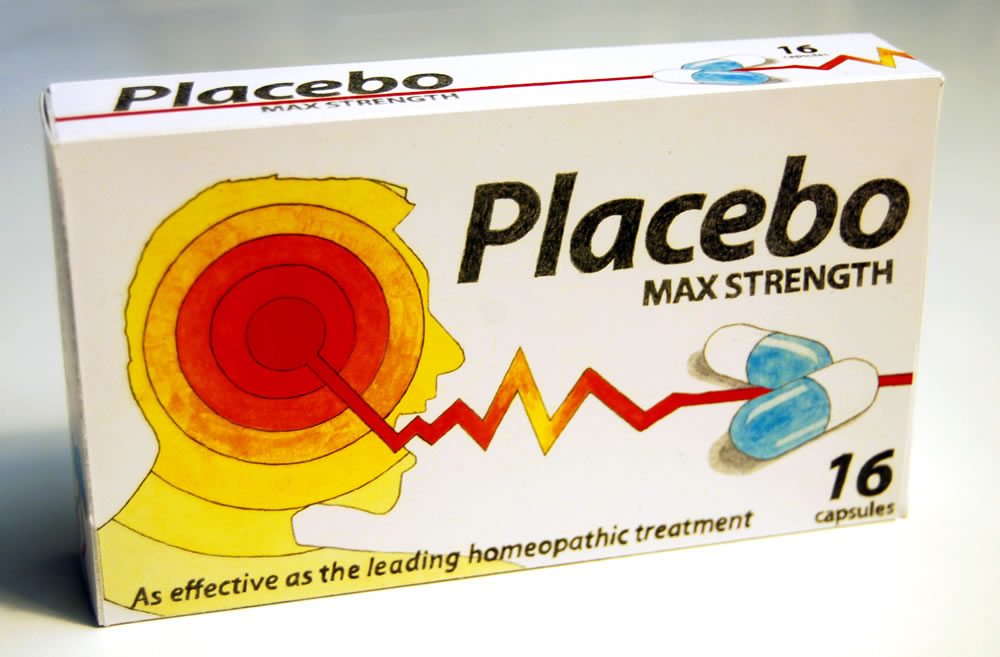Changing the Rules of Evidence
My daughter, Julia, loves to play games and has a bit of a competitive streak. She can make any activity into a game and is adept at making up rules on the spot. When she was younger, like most children, she had a tendency to add to or change the rules on the fly – usually to ensure a favorable outcome for...
Canada Bill C-51 – Regulating Natural Health Products
In Canada a new bill has been proposed, Bill C-51, that would make changes to the Food and Drug Act – the body of laws by which the Canadian federal government regulates food and health products in Canada. This is the equivalent of the Food and Drug Administration (FDA) in the US. It seems that Canada, like the US, is struggling to...
Science and Health News Reporting – The Case of the Regenerating Finger
Last week it was widely reported that an Ohio man, Lee Spievak, had regrown the end of his finger that had been chopped off in an accident. Reporters informed us, for example: A man who sliced off the end of his finger in an accident has re-grown the digit thanks to pioneering regenerative medicine. But this was not the real story. The...
Conflict of Interest in Medical Research
The cornerstone of science-based medicine is, of course, scientific research. The integrity and quality of biomedical research is therefore of critical importance and to be thoughtfully and jealously guarded, if we care about maintaining an optimal standard of care. There are many threats and hazards to the institutions of medical research – mostly ideological. One that has not been discussed much on...
The Increase in Autism Diagnoses: Two Hypotheses
A new study sheds more light on the question of what is causing the recent increase in the rate of diagnosis of autism. Professor Dorothy Bishop from the University of Oxford studied adults who were diagnosed in 1980 with a developmental language disorder. She asked the question – if these people were subjected to current diagnostic criteria for autism, how many of...

Studying Placebo Effects
Measuring placebo effects (often misleadingly referred to as the placebo effect – singular) is a part of standard clinical trial design, because they need to be distinguished from the physiological effects of the treatment under study. Rarely, however, are placebo effects the actual target being measured, but such is the case with a new study published in the most recent edition of...
Cell Phones and Brain Tumors
The question of whether or not there is a link between the use of mobile phones (also called cell phones) and the risk of brain tumors has been cropping up more and more frequently in the media – every time a new study or analysis comes out. This is a very important question of public health as cell phone use is becoming...
Airborne Settles Case On False Advertising
The story of Airborne – a popular supplement marketed as an “herbal health formula that boosts your immune system to help your body combat germs” – is representative of what is wrong with the supplement industry and how it is regulated in the US. Recently the company that sells Airborne – Airborne Health, Inc – agreed to pay $23.3 million to refund...
Be Wary of Stem Cell Pseudoscience
At the end of the 18th and beginning of the 19th century electricity and magnetism were cutting edge science, full of excitement and unknown potential. Capitalizing on this excitement, Franz Anton Mesmer captured the imagination of the European intelligentsia with his bogus claims of animal magnetism. At the turning of the next century radioactivity was the new and fascinating scientific discovery, and...
Do Antidepressants Work? The Effect of Publication Bias
A recent meta-analysis of the most commonly prescribed antidepressant drugs raises some very important questions for science-based medicine. The study: Initial Severity and Antidepressant Benefits: A Meta-Analysis of Data Submitted to the Food and Drug Administration, was conducted by Irving Kirsch and colleagues, who reviewed clinical trials of six antidepressants (fluoxetine, venlafaxine, nefazodone, paroxetine, sertraline, and citalopram). They looked at all studies...

